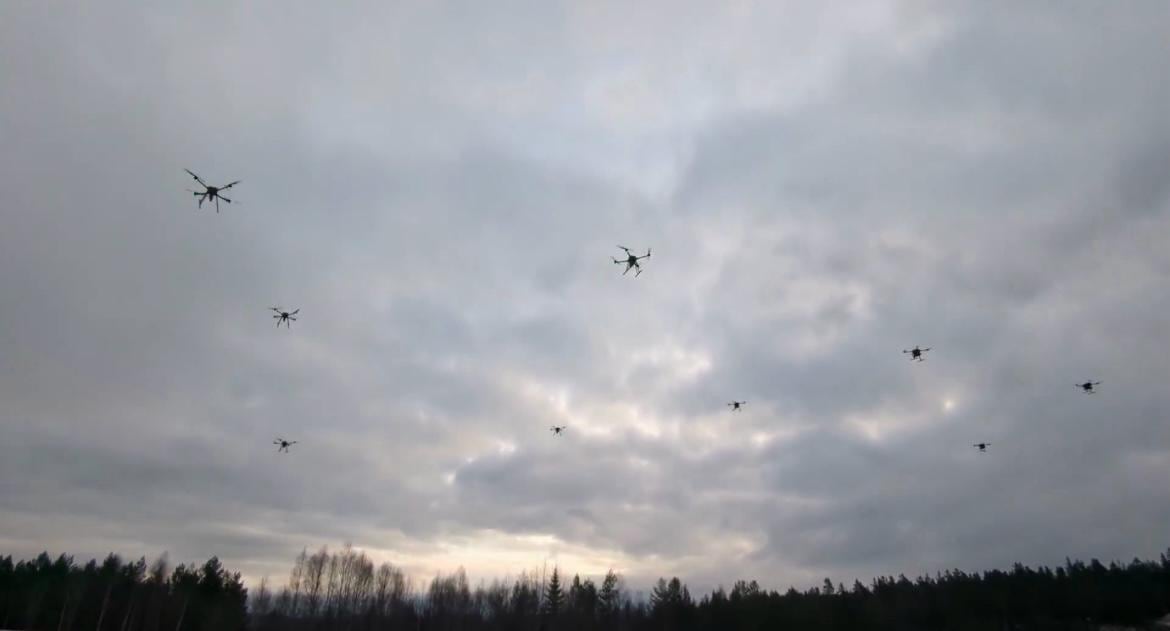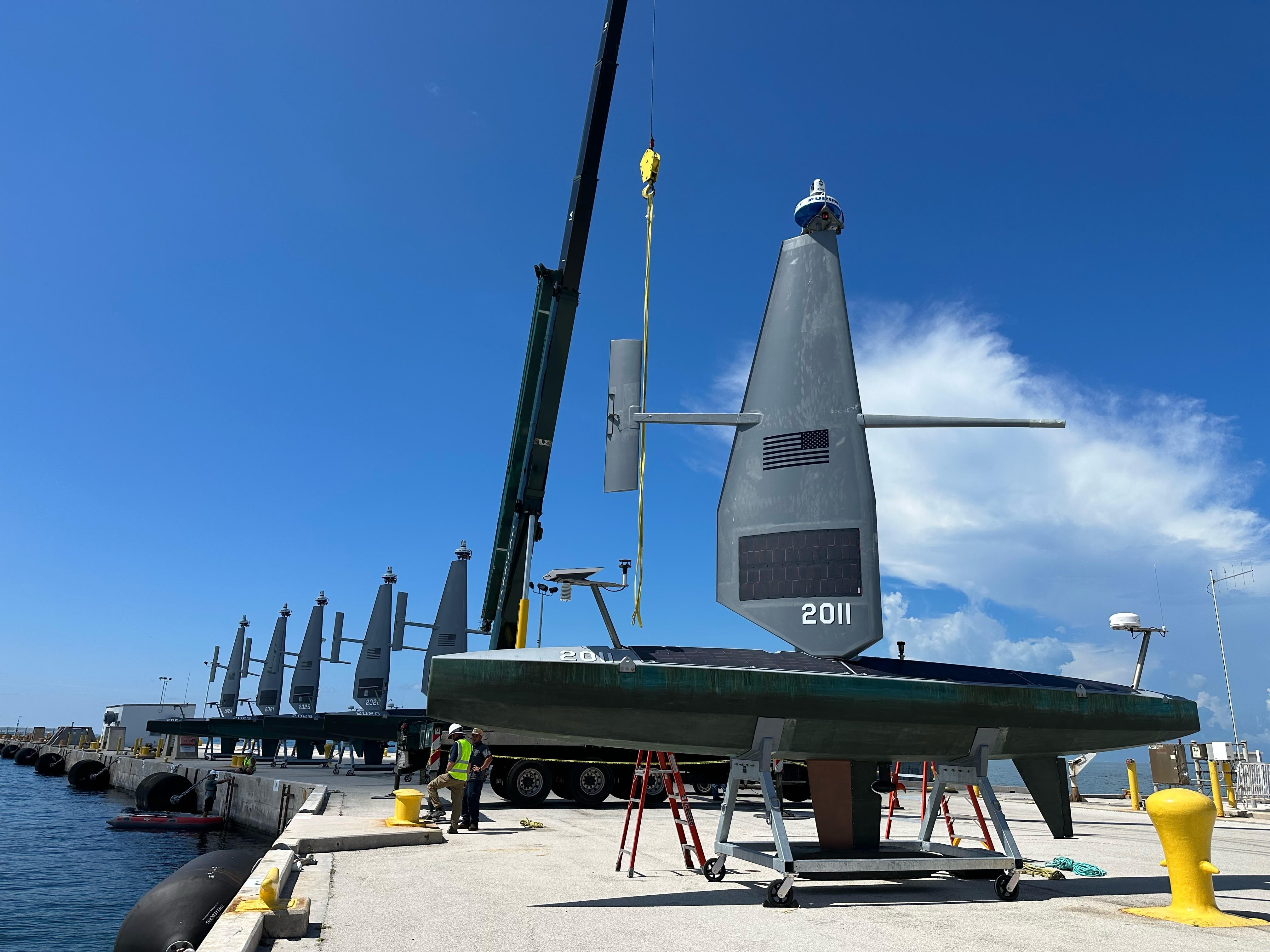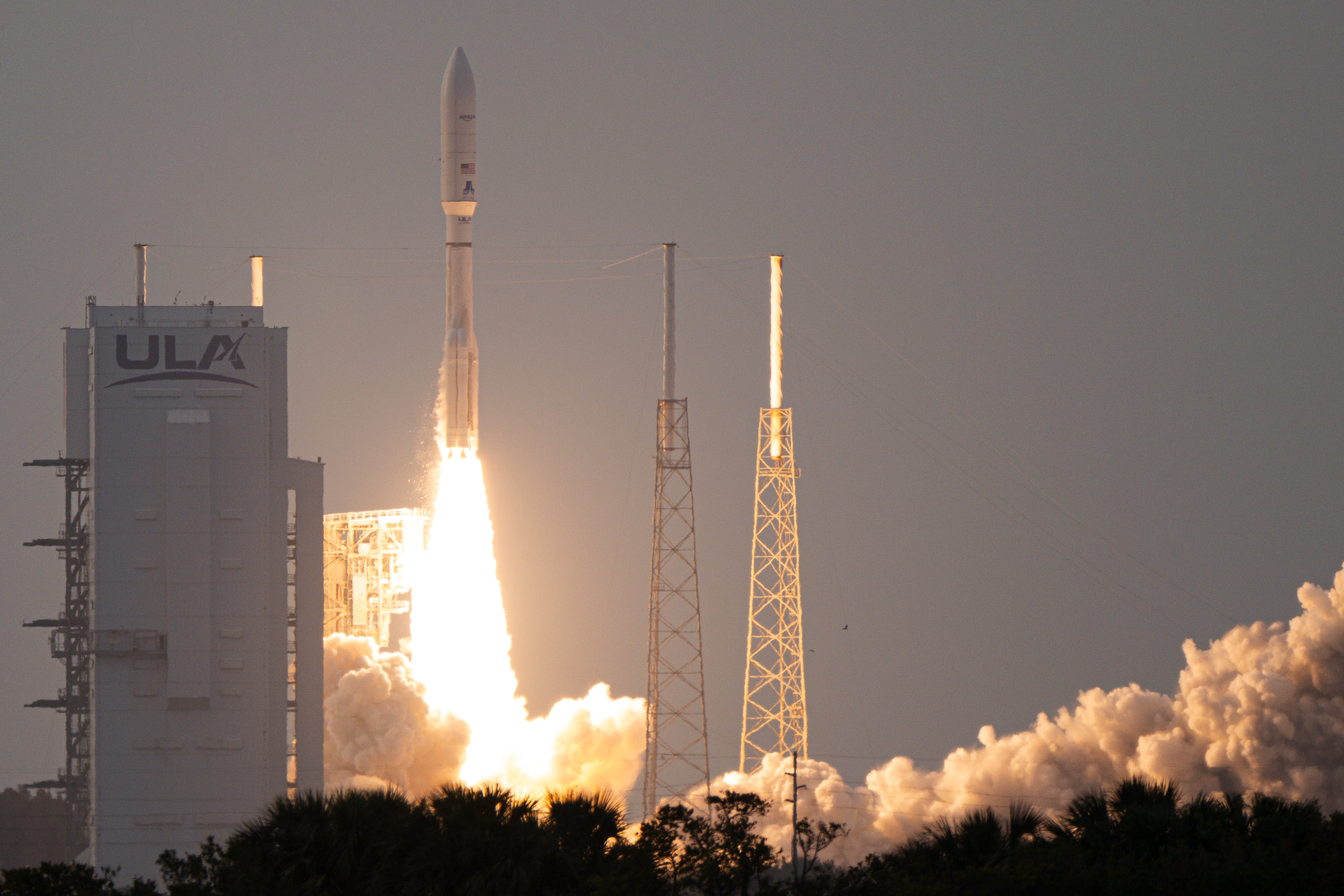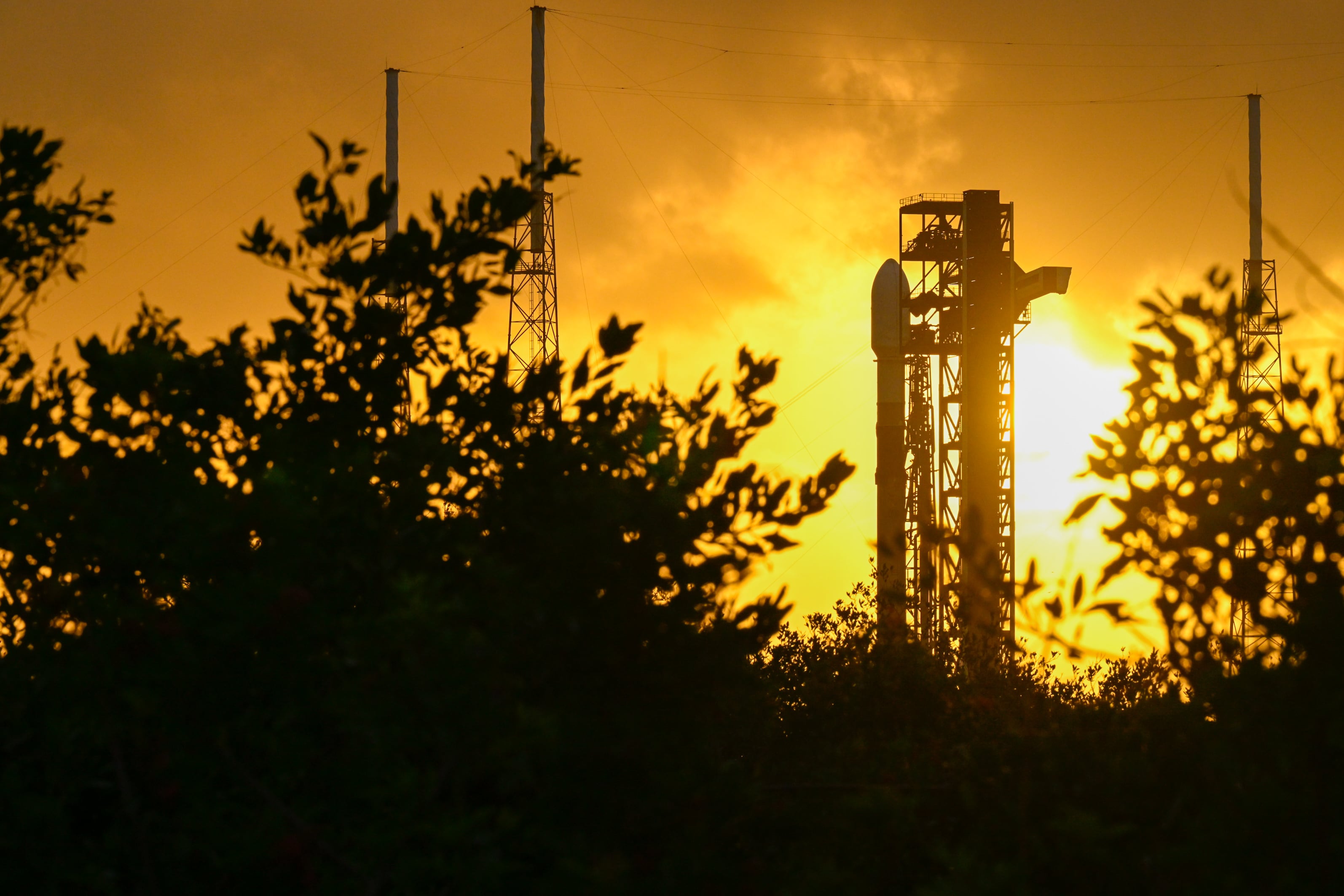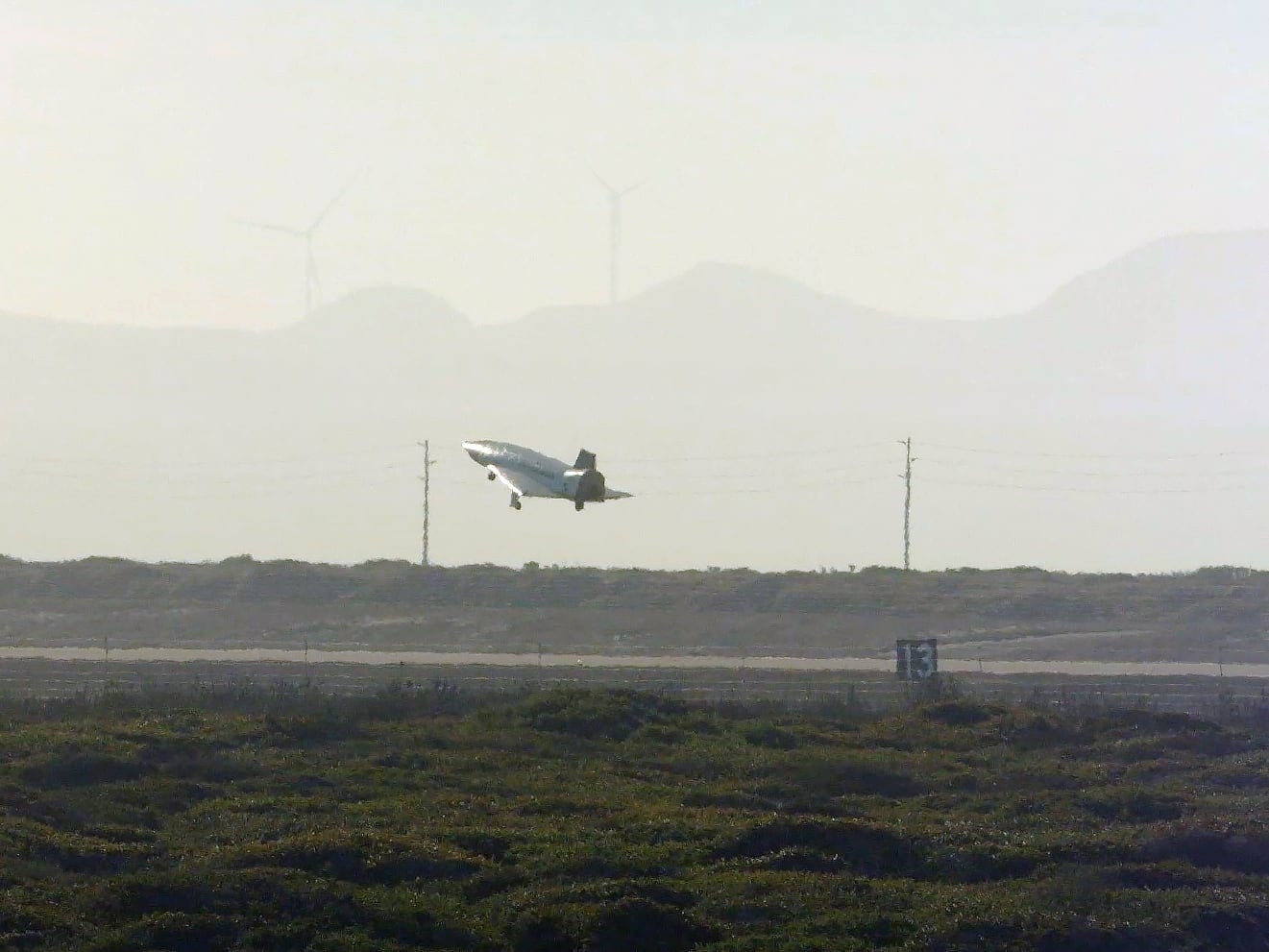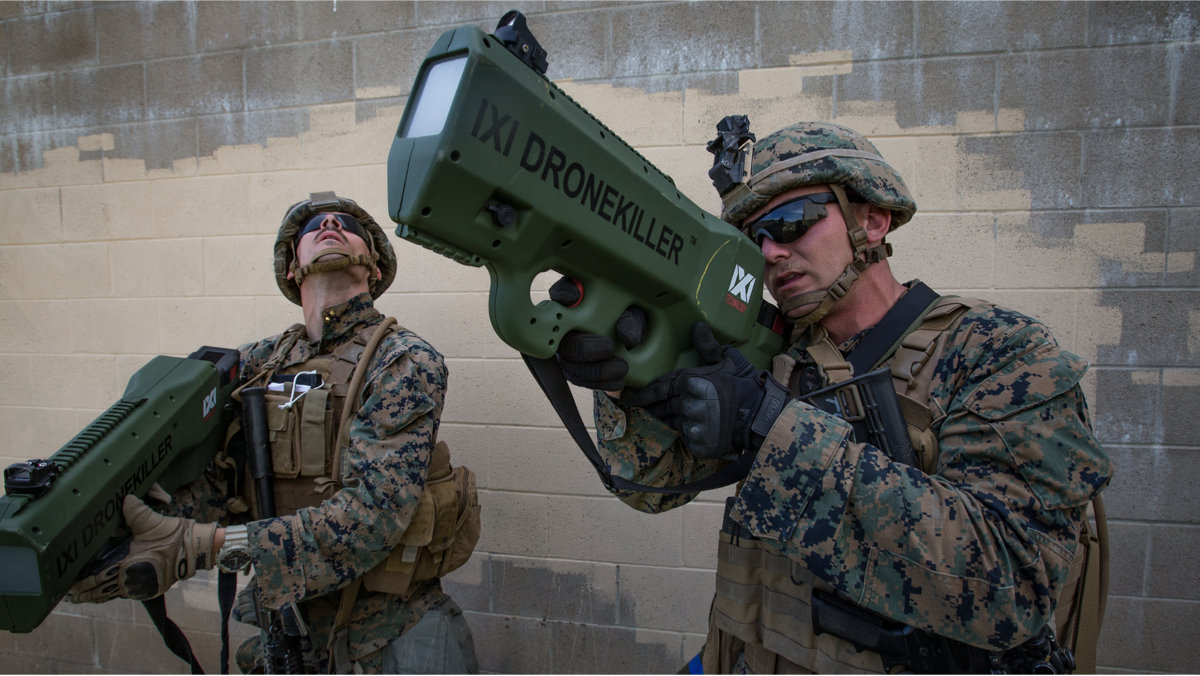MILAN — Sweden has unveiled a cluster of swarming aerial drones envisioned to equip ground and air units of the Swedish Armed Forces for intelligence and surveillance applications.
The project was announced by Swedish Minister for Defense Pal Jonson during a Jan. 15 press conference.
In a demonstration video shared with Defense News, a formation of 10 quadcopters is seen taking off and relaying footage of their flight trajectory above snowy forests to ground operators.
A Swedish voice-over explains that the drones’ high-resolution imagery and artificial intelligence-driven analyses enable commanders to have immediate and actionable insights for faster decision-making – military lingo describing the advantage of having flying eyes and ears for securing a perimeter.
The initiative has involved the participation of the Swedish aerospace company Saab in cooperation with the Swedish military, the Swedish Defense Material Administration and the Swedish Defense Research Agency.
While Saab does not provide the drones themselves, for now, it worked alongside the other agencies to design a software for their command and control.
“The individual UAVs in the swarm are equipped with different capabilities, such as varying sensors, payload, and communication capacities – the swarms are controlled by a single operator who can assign … tasks to one or more swarms, for instance via a mobile phone,” a Saab spokesperson told Defense News in an email statement.
The Saab representative added that the drone swarm technology was developed in “a very short period,” and that additional NATO countries have already expressed interest in it.
The Scandinavian country borders the Baltic Sea, where NATO recently launched a maritime patrol mission, following a series of sabotage incidents against underwater infrastructure.
The interest in drone swarms is not new, as militaries around the world have examined both the opportunities and threats they present. In a recent publication for the U.S.-based Atlantic Council think-tank, the head of the Ukrainian defense-technology hub Brave1 listed drone swarms as a top priority for Kyiv in 2025.
“Ukrainian drone units are already moving beyond the initial concept of one drone, one operator and looking to transition towards drone swarms this year,” she wrote.
A key challenge swarms have presented is that they are typically composed of relatively small, short-range drones, which implies that their flight time is highly limited to around 30 minutes.
Elisabeth Gosselin-Malo is a Europe correspondent for Defense News. She covers a wide range of topics related to military procurement and international security, and specializes in reporting on the aviation sector. She is based in Milan, Italy.
